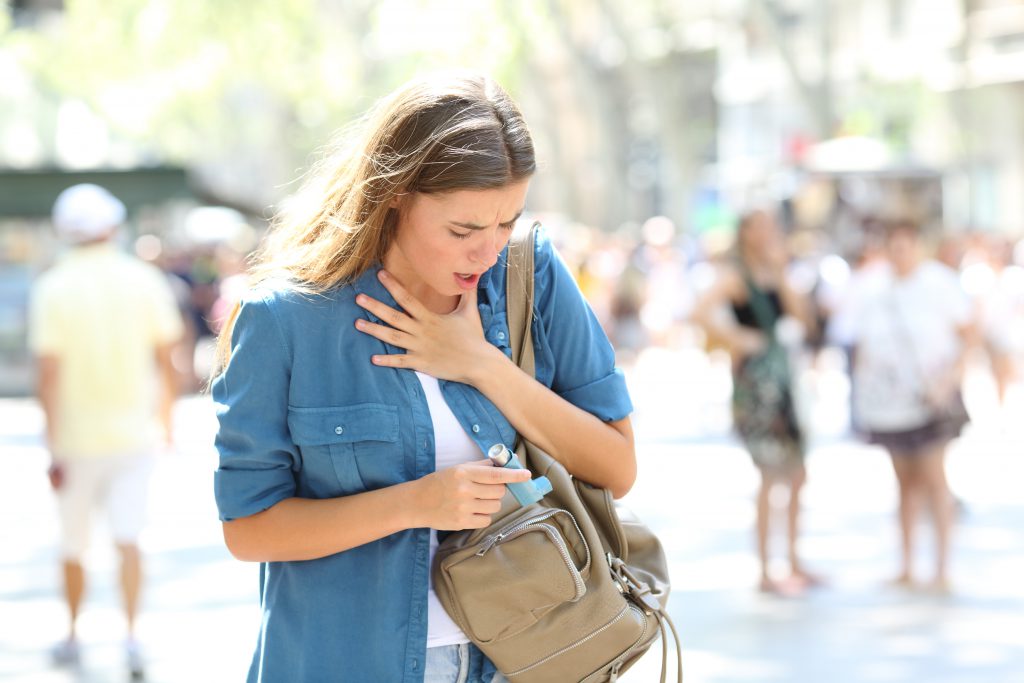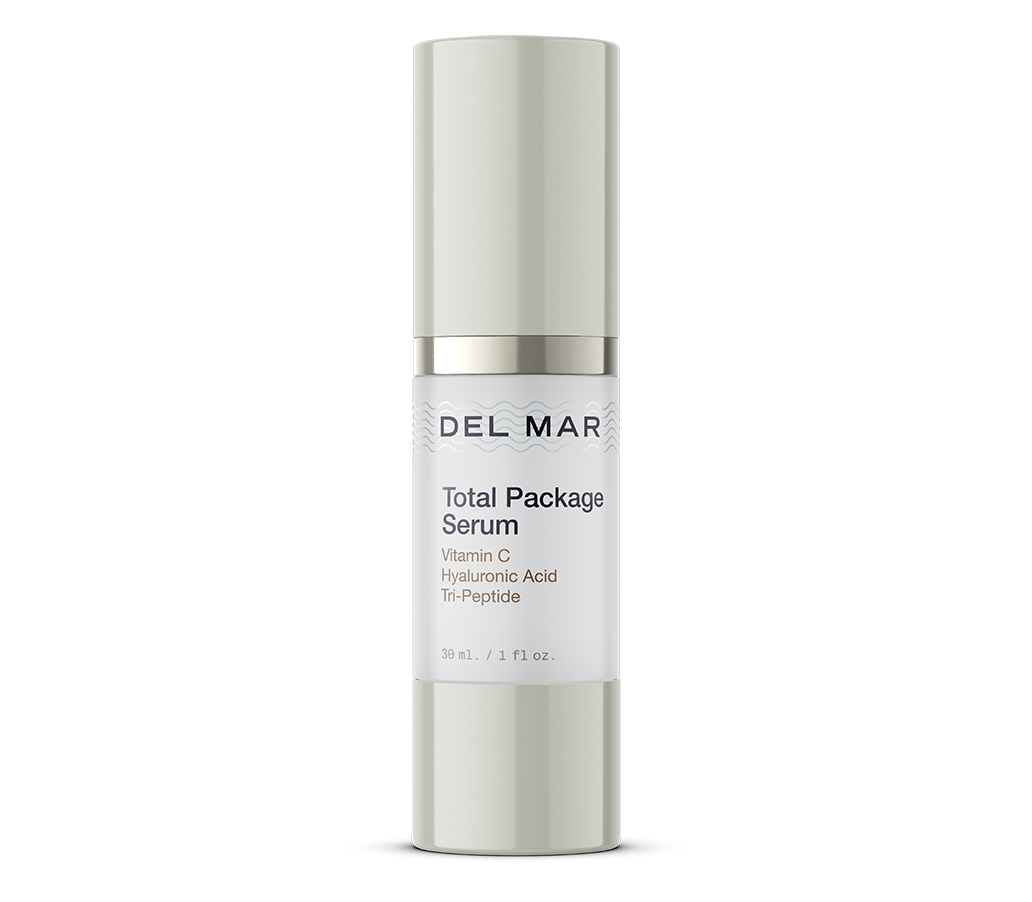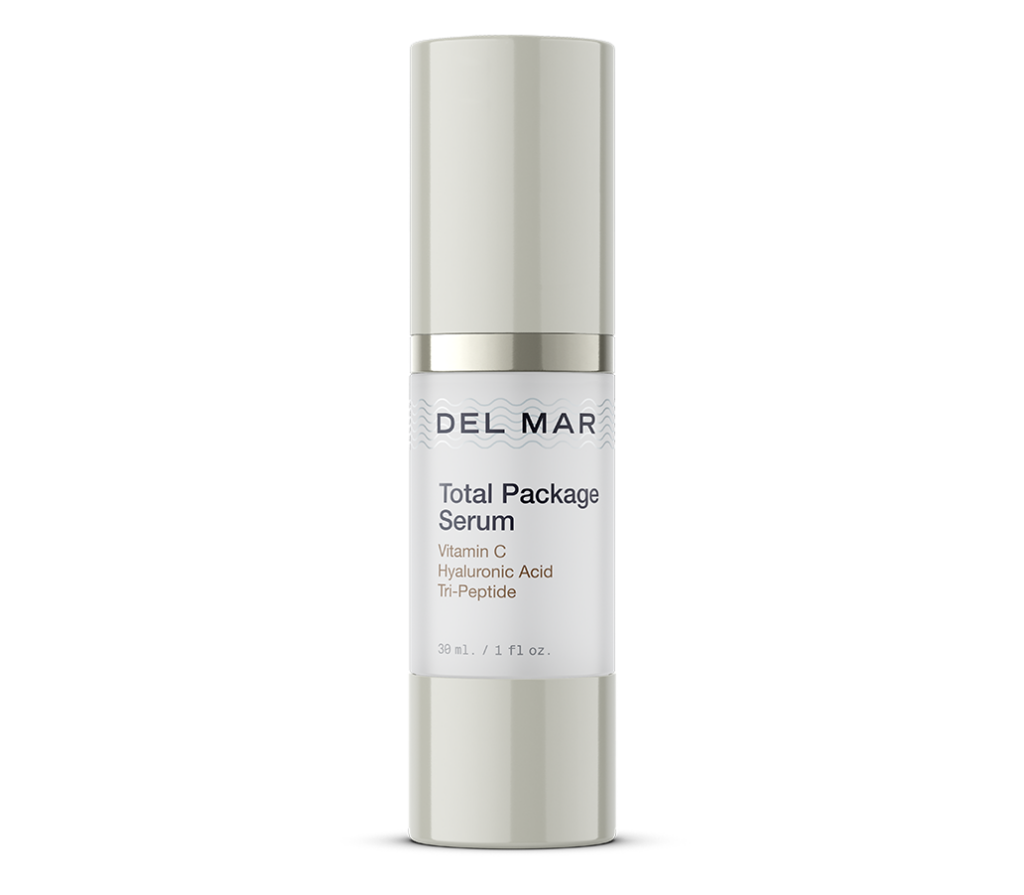Humans are the only species on Earth that is to blame for pollution. (*1) While there are other air contaminants, like those that follow a volcanic eruption, man-made air pollution is a unique thing. Ever since we discovered how to create fire, our environmental impact has been steadily rising.
It’s not only those of us who live in a big city or near a power plant that are at risk of deleterious health effects caused by outdoor air pollution. In our current age, there is nowhere on Earth that you can go to fully escape air pollution, a sobering fact. (*2)
But just because you cannot avoid air pollution 100% does not mean that you cannot live in a way to reduce your exposure. Doing so can help to protect your health and that of those you love.
What Is Air Pollution?
Air pollution is defined as “anything in the air that came unnaturally and which is harmful to the Earth and our health.” (*1) The American Lung Association breaks down some of the most common forms of outdoor air pollution, which include: (*3)
- Ozone: Also known as smog, ozone is a dangerous and invisible source of pollution. You have probably heard of ozone alerts on the news; this means that the air quality is exceptionally poor and you should remain indoors if possible.
- Nitrogen Dioxide: This gas comes from burning fuels and is found in high concentrations near highways and other busy roads.
- Carbon Monoxide: A gas that comes from burning fuels and is thusly found in high levels near roads.
- Sulfur Dioxide: This gas is formed by burning diesel, coal, or other sulfur-containing fuels. It is found in high concentrations near power plants.
- Particulate Matter: Also known as particle pollution, this is a mixture of very small liquid and solid particles that are dangerous for our health. They come from many sources, such as mines and burning fossil fuels.
How Dangerous Is Air Pollution?
Outdoor air pollution is responsible for an estimated one million deaths every year. (*2) It is particularly dangerous for the elderly, young children, those with allergies and asthma, lung disease, or cardiovascular disease. It can cause severe asthma attacks, stroke, cardiac failure, and increase susceptibility to allergies and infection. (*4)
How Can You Protect Yourself from Outdoor Air Pollution?
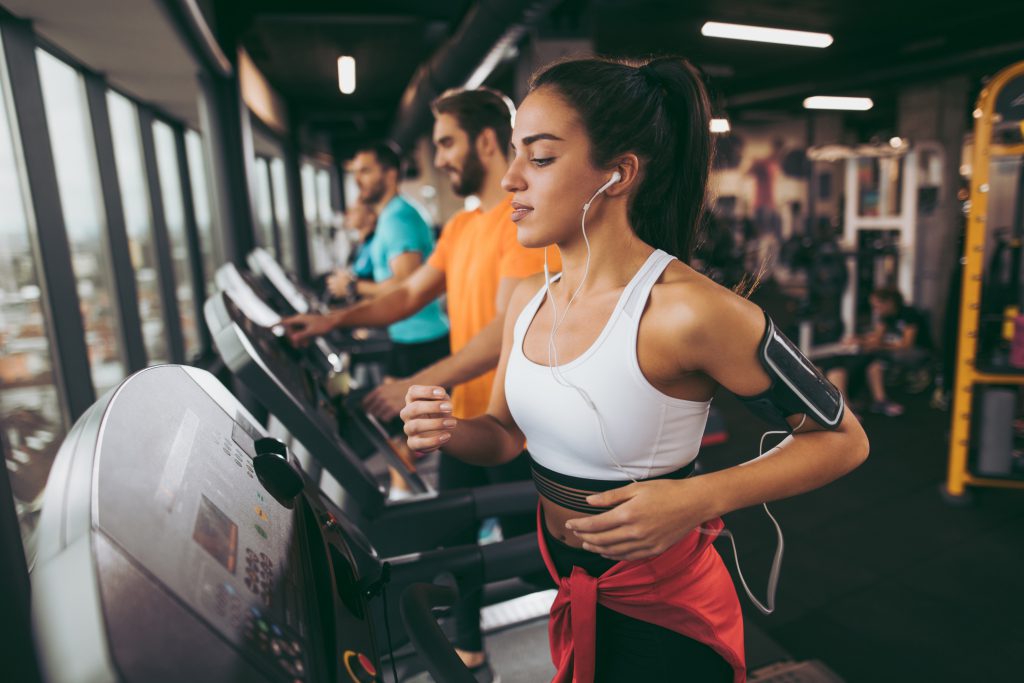
While it’s important for all of us to take measures to protect ourselves from air pollution, it is even more important if you live in a city or town where the air quality is often poor, if you live near a highway or power plant, or if you live near non-organic farms.
In order to protect yourself from pollution, follow these steps: (*5)
- Limit time outdoors during periods of high pollution levels: During rush hour traffic, or when there is an ozone alert, stay indoors and keep your windows shut.
- Drive with your windows up: When driving behind other vehicles, it is better to have your windows rolled up and the air set to recirculate.
- Exercise away from roads: When exercising outdoors, take trails away from traffic whenever they are available.
- Exercise indoors: If you do not have access to low-pollution outdoor areas to exercise, it is best to exercise at a gym that filters indoor air.
- Keep Your Home Windows Closed: During high traffic times or during ozone alerts keep your home windows and doors closed.
Closing Thoughts
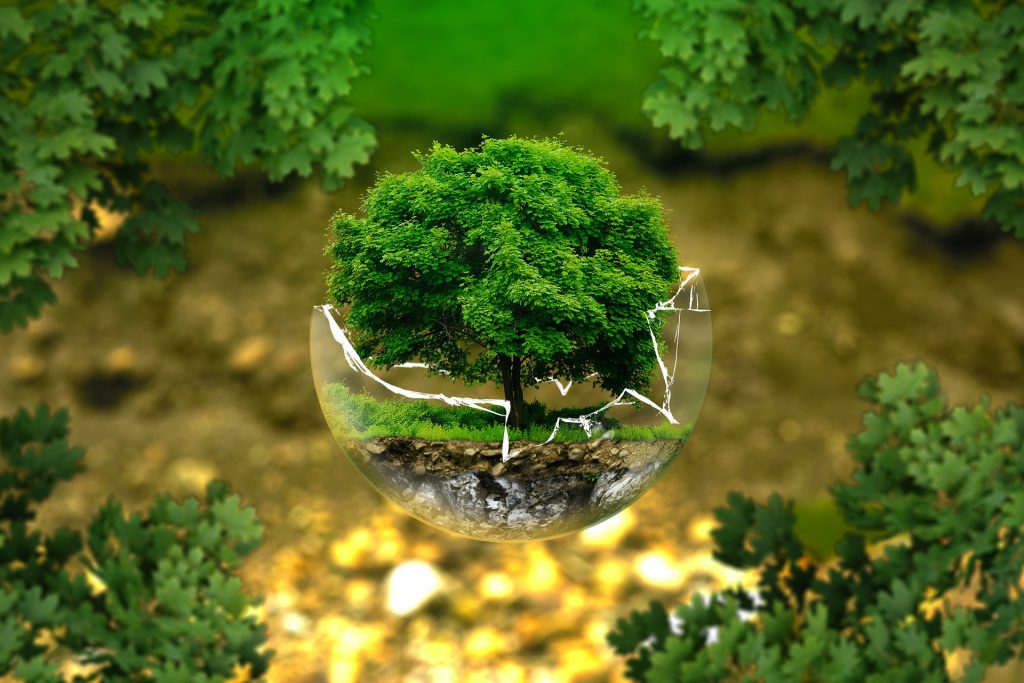
Every year human activity harms the quality of the world in which we live. Air pollution is particularly troublesome because we cannot filter the air everywhere that we go. In order to protect your health, take steps to avoid outdoor air exposure during times of high outside air pollution or ozone alerts.

